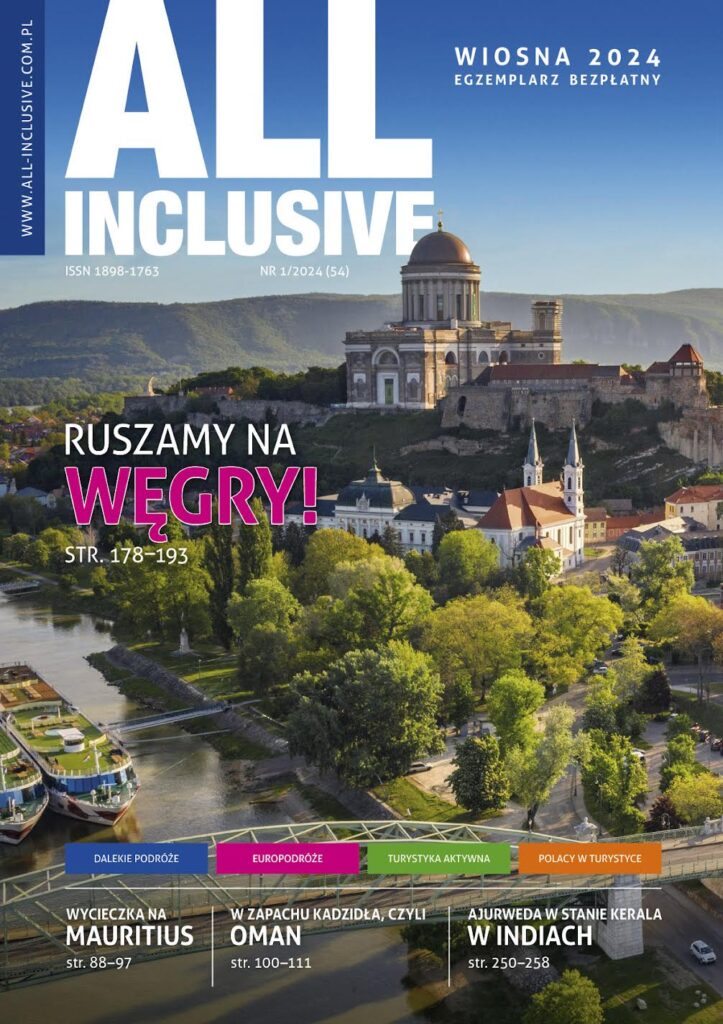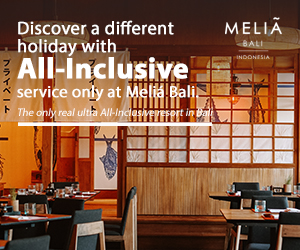Crystal clear water, colourful fish, coral reefs – diving in tropical waters is at the top of many people’s wish list. As a diver, however, you are acutely aware of the sensitivity of the waters and the ocean ecosystems. Often you can already see the effects of climate change in the changes in your local diving sites. Can you travel to the tropics to dive with a clear conscience?
A diving trip can also be sustainable. The possibilities are very similar to those for other vacations:
1. Journey and Length of Stay
The longer the stay at the destination, the more likely that a long journey will be worthwhile. Even with air travel, the relative impact decreases with the length of the stay. So instead of flying to Thailand for a week of scuba diving, divers should plan more time to explore and get to know the country outside their dive destination.
2. Luggage and Equipment
Of course, one prefers to dive with one’s own equipment. But on a diving trip, you should keep a close eye on the total weight of your luggage. Tanks and weights can usually be rented locally without any problems. Perhaps the diving jacket doesn’t necessarily have to come along either. The less weight, the less fuel (whether in the car or on the plane) is consumed.
3. Choice of Accommodations and Dive Centers
A sustainable scuba trip also includes the conscious choice of a dive center. Instead of simply selecting the first one that comes along, diving travelers can look for a sustainable philosophy, which is reflected, for example, in the fact that the dive center is involved in environmental and marine protection projects. Also, avoid the ones that guarantee sightings of large marine animals and may require hours of motorboating to find them.
After the journey, accommodation is the main source of emissions on a trip. Therefore, booking sustainable accommodation is essential to reduce your carbon footprint. Some hotels also offer diving courses and a dive center themselves, from which guests can enjoy their tours and dives.
Corals off Ko Phi Phi, Thailand
In Thailand, divers can stay at Zeavola on the island of Koh Phi Phi. A colorful, vibrant underwater world awaits them off the coast with an abundance of fish, corals and occasionally larger visitors such as rays or sharks. Zeavola is actively involved in the preservation of this unique underwater world and also encourages its guests to treat nature with respect. In addition to guided dives, introductory dives, PADI diving courses, night dives and underwater photography courses can also be booked.
The Zeavola ensures that dive groups are kept small. Local dive guides decide together with the guests where the tour will go depending on tides, wind, boat traffic and the number of divers in the Marine National Park around Koh Phi Phi.
The Seychelles are not only a dream for honeymooners, but also for divers who will feel as though they are in paradise. Cerf Island Resort is located right on the edge of the Sainte Anne Marine National Park, offering perfect conditions for snorkeling and diving trips. Motorized water sports are prohibited. From crabs and reef fish to sharks and sea turtles, guests can experience a wide variety of marine life in their natural habitat.
4. On-Site Behavior and Community Involvement
Even if you travel to a destination for diving, you should not miss the opportunity to experience the country and the local culture as well as support local businesses, for example buying souvenirs from local artisans.
Furthermore, there are always opportunities to get involved in order to preserve the dive sites for future generations. Dive centers or hotels such as Gili Lankanfushi in the Maldives provide opportunities to participate in coral restoration projects. It should also be part of every diver’s routine to pick up any rubbish underwater, take it ashore and dispose of it appropriately. You should also avoid touching living creatures, especially corals. Being mindful of your own fin stroke and keeping a careful eye on buoyancy are also important in order not to accidentally destroy anything.
Alternative Destinations in Europe
As fantastic as tropical destinations are, you don’t always have several weeks at a time for a longer trip. Fortunately, Europe also offers unique diving spots that are worth a trip. Shorter holidays also offer the opportunity to try out unassuming or underrated destinations.
Scuba Diving in Sicily
Clear water and a colorful underwater world can also be found in the Mediterranean. Around the southern Italian island of Sicily, for example, there are numerous diving spots where you can experience the wildlife of the Mediterranean. But that’s not all: even as an amateur diver, you can dive to archaeological sites and explore ancient harbors and columns. Other unique spots include caves and shipwrecks. Some experience is often required as there can be strong currents around the island.
Most dive centers are located in the region around Palermo. If you are looking for a quieter place to stay, the ADLER Spa Resort SICILIA is the place for you. The wellness resort is located on the south coast directly at the Torre Salsa nature reserve. Wild beaches and pristine nature, lots of peace and quiet and an extensive wellness program await guests here. If you don’t want to drive all the way to Palermo, you can also find a dive center in Agrigento.
Scuba Diving in the Baltic Sea
Yes, the Baltic Sea also offers numerous diving spots that are worth exploring. Be it seemingly endless seagrass meadows with crabs, fish and pipefish, or one of the many wrecks, some of which are not very deep. Along the coast of Schleswig-Holstein, for example, there are several sunken ships lying at a depth of about 20 meters. Between all of these dive sites lies the town of Timmendorfer Strand. Here, if you want, you can enter the water directly at the jetty ( caution: boat traffic; don’t forget your buoy). Not far away, the Lifestyle Hotel SAND offers a sustainable place to relax with rooms furnished in the Scandinavian style, a rooftop sauna and late breakfast.
By the way: Even non-divers can explore the underwater world of the Baltic Sea, for example on a guided snorkeling trip organized by BUND. The starting point is the Umwelthaus in Neustadt/Holstein.
Freshwater Diving in the “Zeulenrodaer Meer”
Even though it calls itself a sea, the Sea of Zeulenroda is a reservoir with a water depth of about 30 meters. There are seven diving sites around the lake where you can discover, for example, the ruins of an old harbor and mill as well as freshwater fish such as pike and perch.
One of these diving sites is located directly on the property of the Bioseehotel Zeulenroda. The hotel has its own organic bakery and butchery as well as a large spa area. For a dive at the entry point at the hotel, you must request permission from the hotel. Only experienced divers should enter the water here.
The Vogtland diving tower is available for practice or for the cold season. It takes just under forty minutes to get there from the Bioseehotel. The tower has a depth of 10 meters (an adjustable floor also offers the possibility of reducing the depth) and offers ideal conditions for training and practicing. Courses and trial dives are also offered here.

Scuba Diving Holidays worldwide – They can be done sustainably
Whether far away or on your doorstep, diving can be a sustainable activity if you are mindful of nature under and above the waves. This mindfulness is often taught to diving students during their training. This mindfulness is also practiced when traveling: through involvement in a coral restoration project, or collecting rubbish on the beach and underwater.



